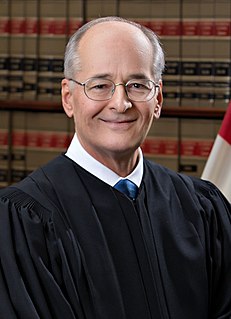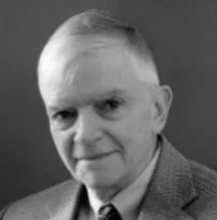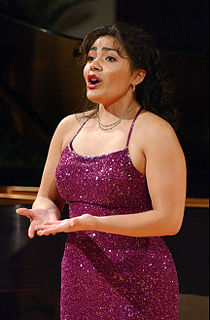A Quote by Wolfgang Puck
Most seasonings are based on family tradition.
Quote Topics
Related Quotes
My work is based on a tradition quite distinct from the Eckersberg tradition, a Nordic line of development that had never been clearly and consistently defined in the literature on art. This line is not a straight one; it has the strangest and most fascinating twists and curves, and includes such artists as Edvard Munch, Ernest Josephson, Hill, Hansen Jacobsen, Johannes Holbek, Jens Lund, and Emile Nolde. Not all of them equally well known.
another tradition to politics, a tradition (of politics) that stretched from the days of the country’s founding to the glory of the civil rights movement, a tradition based on the simple idea that we have a stake in one another, and that what binds us together is greater than what drives us apart, and that if enough people believe in the truth of that proposition and act on it, then we might not solve every problem, but we can get something meaningful done.
Families are not merely constructs of outdated convention, and traditional marriage laws were not based on animosity toward homosexuals. Rather, I believe that the traditional family structure - centered on a lawful union between one man and one woman - comports with nature and with our Judeo-Christian moral tradition.
The rationale for accepting or rejecting any theory is thus fundamentally based on the idea of problem-solving progress. If one research tradition has solved more important problems than its rivals, then accepting that tradition is rational precisely to the degree that we are aiming to "progress," i.e., to maximize the scope f solved problems. In other words, the choice of one tradition over its rivals is a progressive (and thus a rational) choice precisely to the extent that the chosen tradition is a better problem solver than its rivals.
We may be thankful that frightened civil authorities ... have not managed to eradicate from the country the tradition of the possession and use of firearms, that profound and almost instinctive tradition of Americans. Luckily for us, our tradition of bearing arms has not gone from the country, the tradition is so deep and so dear to us that it is one of the most treasured parts of the Bill of Rights - the right of all Americans to bear arms, with the implication that they will know how to use them.
By 18th century standards, they [Great Britain] were the freest, most dynamic, most willing to challenge tradition and authority. They had the highest wages and highest living standard, and probably the most engagement between the populace and the government of any country. Then the United States took those same qualities to the nth degree, and the British were suddenly appeared stodgy and tradition-bound.








































